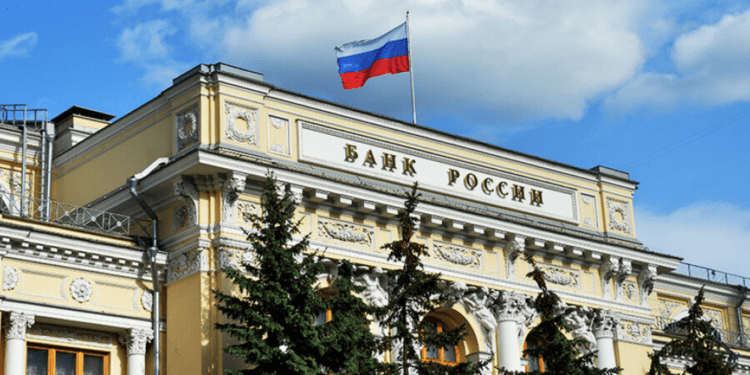- Russia is taking further steps to mitigate global sanctions in place since the invasion of Ukraine in 2022.
- Russia’s central bank plans to create new institutions to mine crypto assets and settle international payments.
- Many crypto leaders and financial leaders give their thoughts and how this plays out in today’s world.
According to local media reports, the country’s central bank plans to create new institutions to mine crypto assets and settle international payments.
In a meeting in the State Duma — one of the chambers of the Russian parliament — the head of the central bank, Elvira Nabiullina, announced that the Bank of Russia would allow cryptocurrency to be used in external settlements as a pilot program. The move, however, does not signal a change in the country’s crypto environment:
“We adhere to the same position within the country, cryptocurrency […] Should not be used, and we assume this is possible in the form of an experiment for external settlements. According to a translated summary of the report, this bill is also being prepared as an experimental legal regime,” Nabiullina said.
The plan includes creating “specially authorized organizations” for crypto mining and international settlements — including transactions involving cryptocurrencies and other digital assets, stated Nabiullina, a former economic adviser to Russian president Vladimir Putin.
Bank of Russia deputy chairman Aleksey Guznov told journalists that the bank is negotiating with the government on how the companies will operate. “Currently, a discussion is underway with the government so that their scope of activity is clear,” Guznov said, adding that private companies may be able to contribute to those initiatives in the future.
In a statement, Gabby Kusz, CEO of the Global Digital Asset & Cryptocurrency Association, noted that Russia, China, and other countries are realizing “Crypto is not a new financial product, but an evolution or fundamental change in the way individuals and organizations exchange value.”
She also highlighted that this movement would potentially impact the global financial system, including the United States’ relevance to the future of finance in the digital era:
“Overly aggressive actions that drive crypto innovation, blockchain technology, and entrepreneurs offshore only lessen the ability of the United States to lead geopolitically and from the standpoint of monetary policy.”
This development comes after recent revelations that BRICS members — Brazil, Russia, India, China, and South Africa — are working on creating their currency to facilitate trade. Speaking, Mark Lurie, CEO of DeFi software company Shipyard, noted that commodities-backed currencies used for settlements — such as the ones planned by BRICS countries — are not deemed to replace the United States dollar dominance.
“While investors are increasingly distrustful of the Fed, neither investors nor the BRICS themselves will necessarily trust the Russia-led governing body of such a currency not to devalue itself. […] Ultimately, it’s not trust but relative trust that matters most,” said Lurie.












